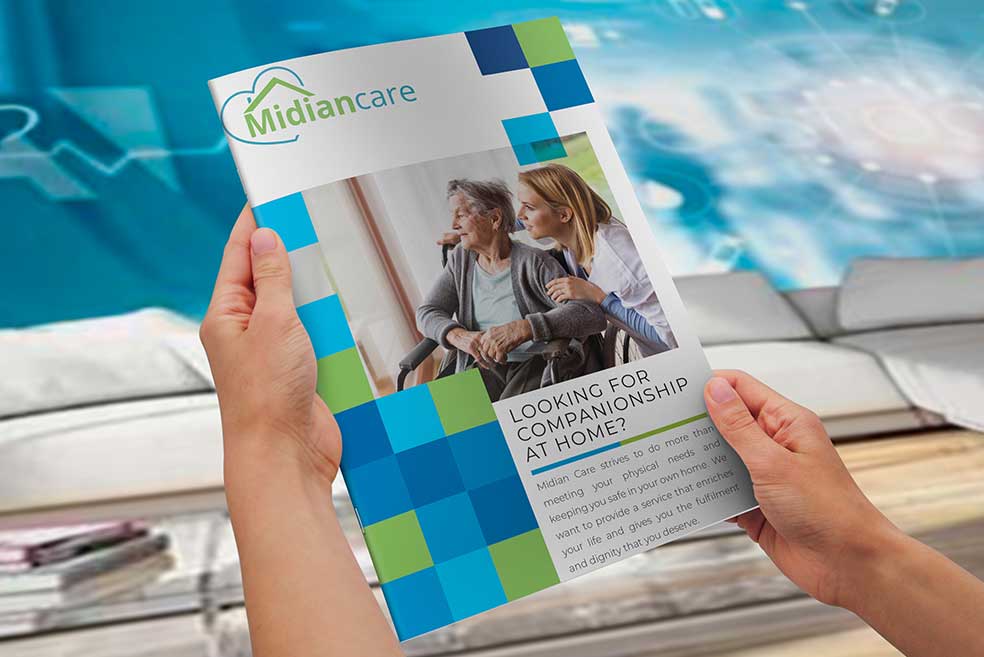How to Pay for Care in 2020
There comes a day when you may find it difficult to manage everyday tasks and this can be very stressful and overwhelming. You may start thinking about asking for some help but you don’t really know where’s best to start.
- First step it’s to find out if you have to pay or if you qualify for help from your local council with the cost of your care.
- You have to contact your local council and ‘request’ a care needs assessment, they will explain to you how the assessment works, what care and support services you may qualify to receive, and what type of care is the best for you.
- A Social Worker from the local council will visit/call you and decide if you need care and support. After you’ve had the care needs assessment and you and the Social Worker agreed a care and support plan, a member of the Care Contributions Team will contact you for a financial assessment also known as a means test.

For the means test, they will look at your financial position and decide how much you’ll have to pay towards your fees and you may well be asked the following information when completing the telephone assessment:
- Details of the state benefits and private income you receive
- Details of savings, investments and capital you have
- Details of any land or property you may own
- Details of your household expenditure, for example certain bills
- Details of expenses you may have as a result of your disability or illness
If you have assets over £23,250.00 or you don’t wish to have a financial assessment or disclose details of your capital or income, you will be expected to pay for your care in full.
If your assets are £14,250–£23,250, then you have to pay a percentage of the care homes fees while the council will pay the rest. The council expects you to pay most of your weekly income.
If your assets are under £14,250, you’re not expected to pay anything towards your care home fees, however the council still expects you to pay most of your weekly income.
If you are aware that you need care and you decide to give away your savings before you contact the council, this may be seen as deliberate deprivation of assets.
 Deprivation of assets means you’ve deliberately tried to get rid of your assets to avoid charges or reduce the amount you have to contribute to your care costs. There are various ways you might do this, including:
Deprivation of assets means you’ve deliberately tried to get rid of your assets to avoid charges or reduce the amount you have to contribute to your care costs. There are various ways you might do this, including:
- making a lump-sum payment to someone else, possibly as a gift
- extravagant spending that is out of character
- transferring the title deeds of your property to someone else
- putting your assets into a trust that can’t be revoked
- buying expensive items so they would be disregarded as personal possessions
- Selling an asset for less than its true value.
There could be valid reasons for doing any of these things and the council must consider the timing and motivation of your actions. If they decide that you knew you would need care and one of your reasons was to avoid paying towards the costs, this could be seen as deprivation of assets.









